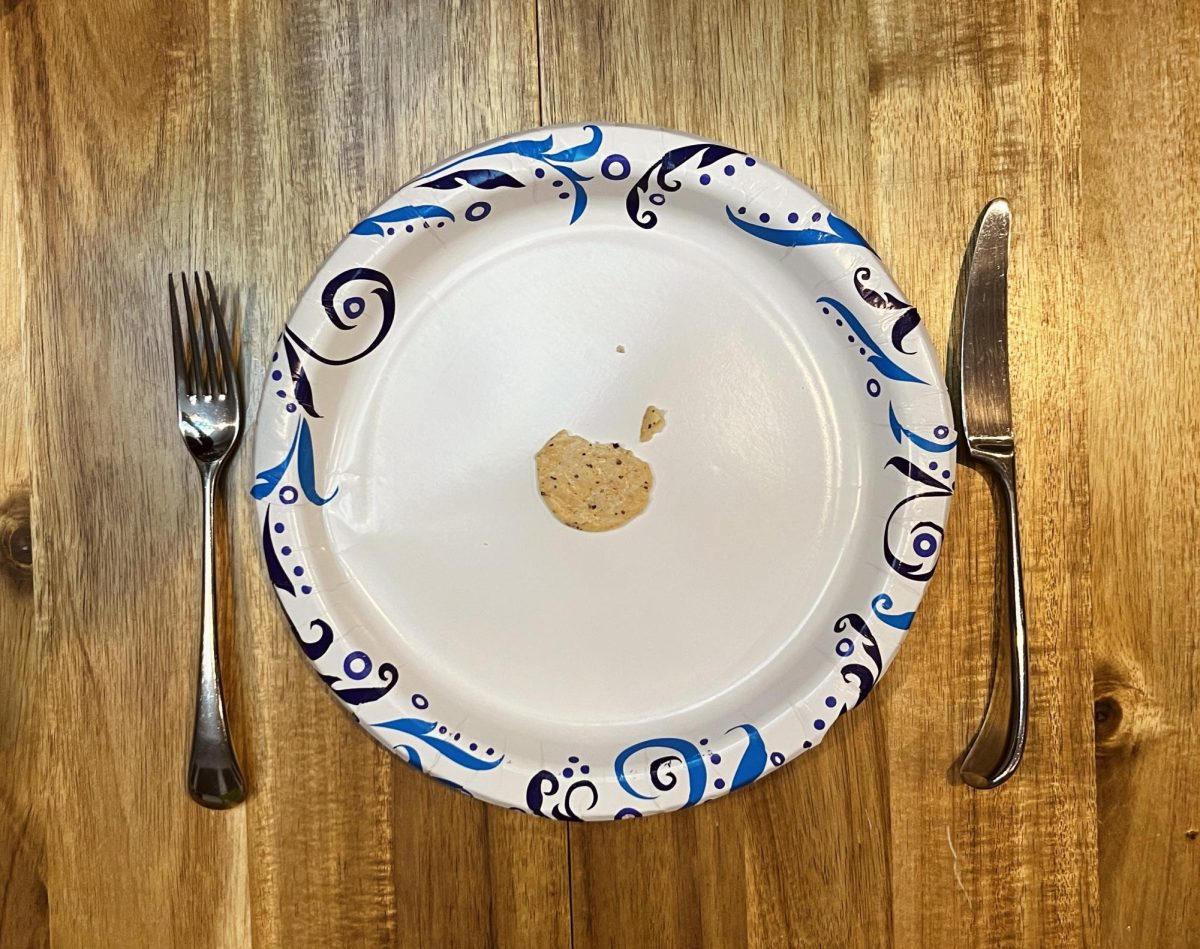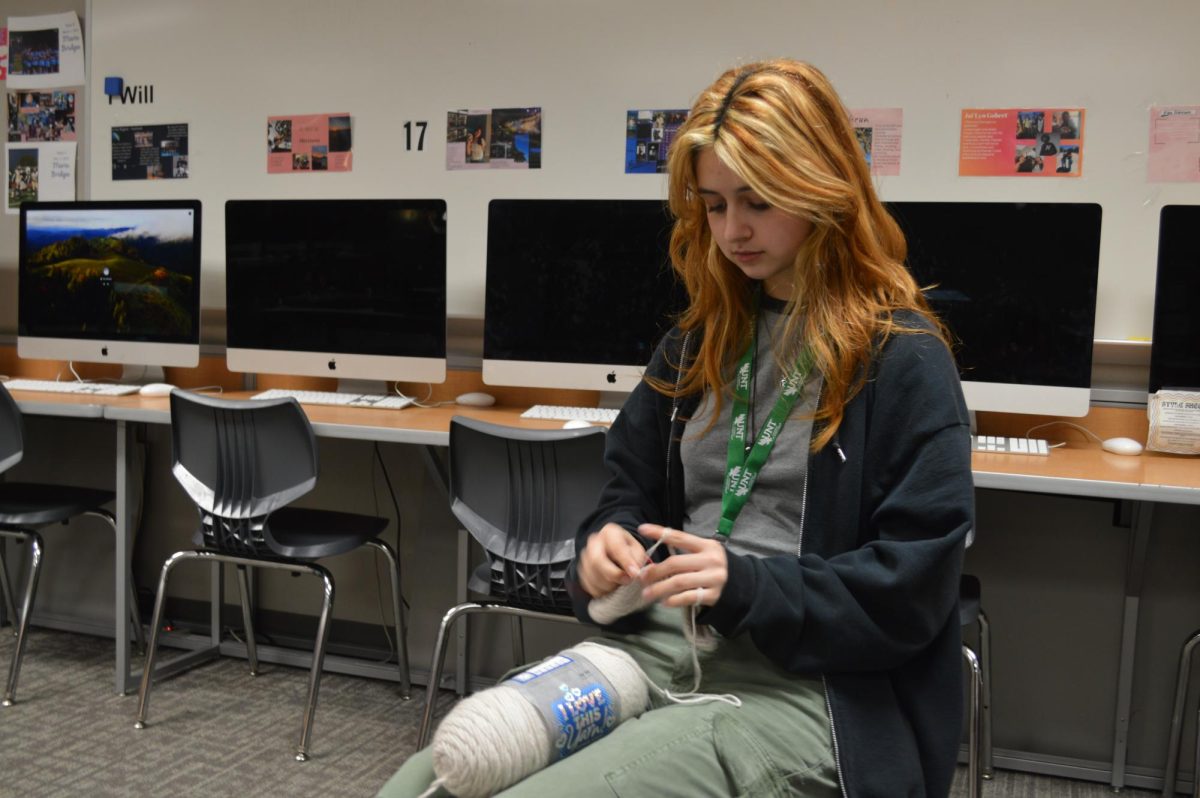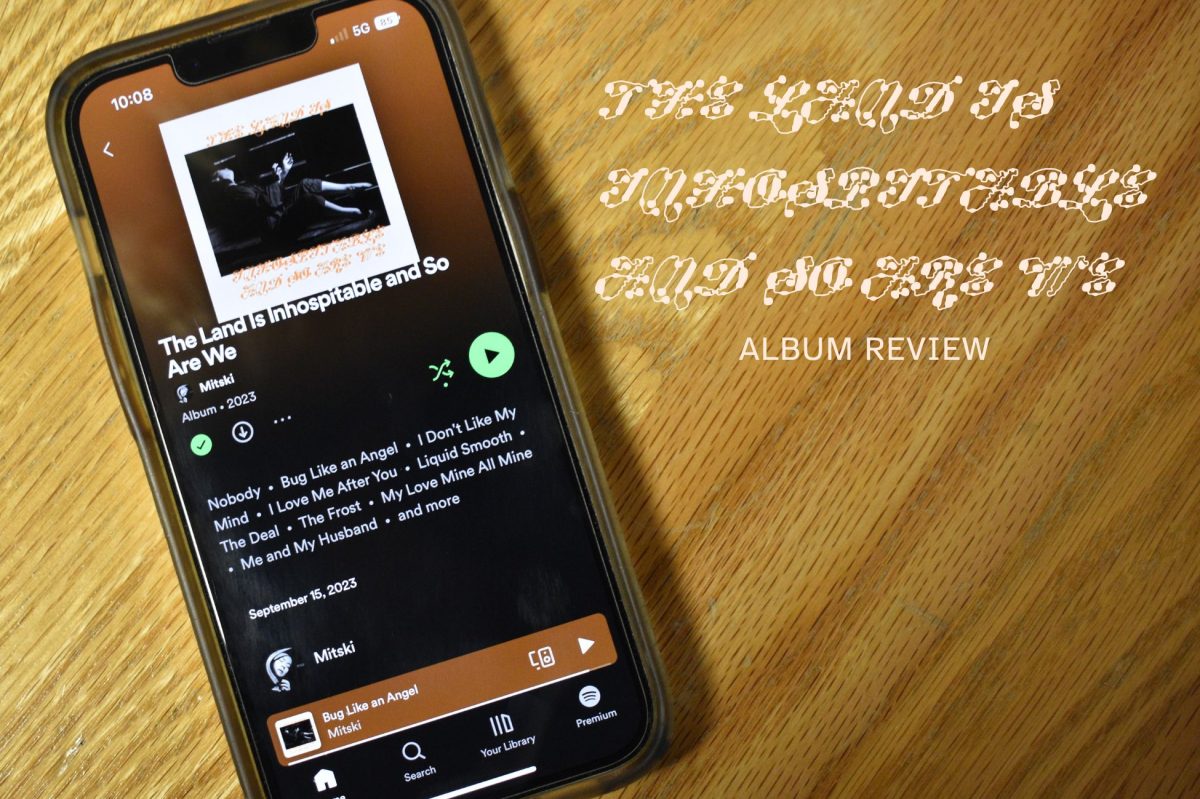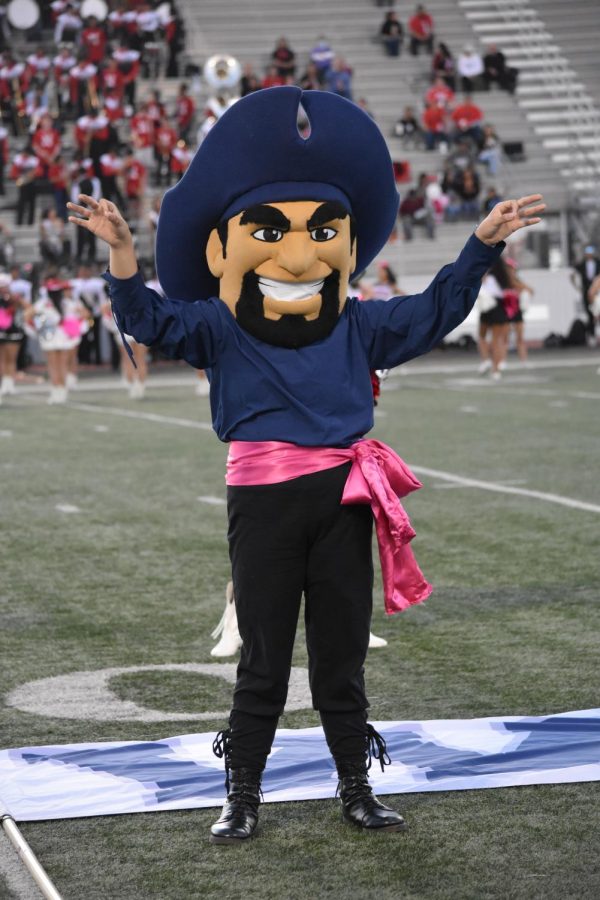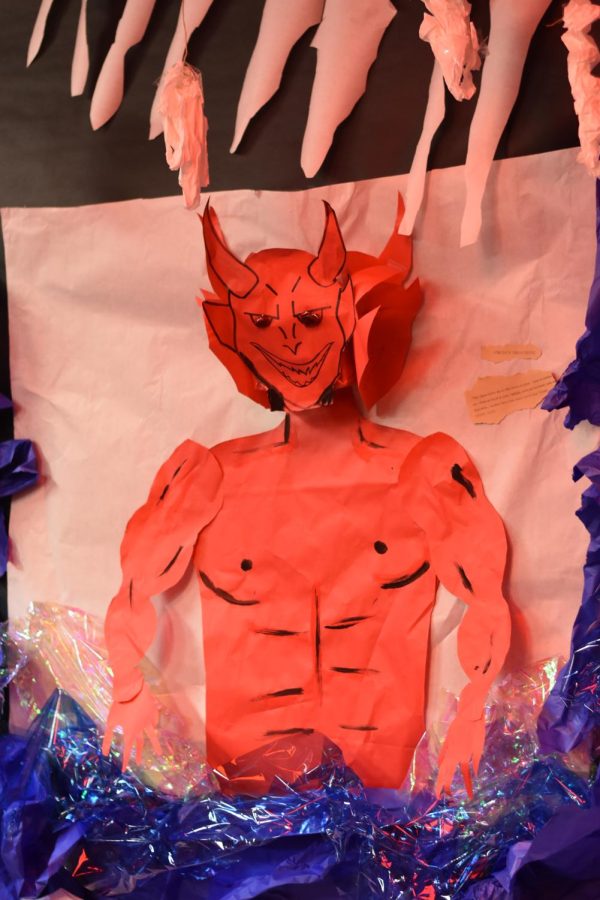Trigger warning: mention of disordered eating.
If you’ve spent any amount of time on Instagram or Tiktok recently, there’s no doubt you’ve come across at least one video that looks something like this: a plate of random snack foods, a woman gesturing to the meal, a silly song repeating the words “girl dinner” playing in the background. The “girl dinner” trend was started by Olivia Maher when she posted a video to TikTok showing her spread of grapes, pickles, bread and cheese while the iconic “girl dinner” jingle (also created by Maher) played in the background. This video received millions of views, as women across the internet resonated with the idea of a non-traditional dinner consisting of fun and easy foods.
However, the internet quickly twisted this silly trend into a way of glorifying not eating a filling amount of food, a suggestion that eating a few bites of a rice cake or drinking an iced coffee can be a substitute for a meal. Trends that focus on gendered activities, specifically “girl” trends, can send harmful messages to young girls about what they “should” eat, think or do. For this reason, it’s important for female students to be conscious about the trends they participate in and the media they consume, even for something as silly as “girl dinner.”
There’s a few reasons “girl dinner” took off: first, it’s just funny. But second, it gave women the opportunity to relate to one another through the quirk of eating strange meals. It normalized the fact that women don’t always have to plan out and cook an extravagant meal; that sometimes dinner can just be a fun assortment of random individual foods. And while the eating of random snacks for dinner is not an activity solely reserved for females, it’s important to consider the expectations society has placed on women regarding their role in the kitchen, and how the idea of “girl dinner” could be an empowering way of turning those expectations on their head.
Unfortunately, instead of being a trend rooted in female solidarity, “girl dinner” turned into a competition of sorts to show off who could eat the least amount of food. The videos turned from large plates of hearty cheeses, breads, fruits and fun snacks into tiny portions of empty calories. “Girl dinner” wasn’t supposed to be disordered eating. It wasn’t supposed to be a way of telling girls that they shouldn’t eat full meals, that they should skip meals and be proud of it. Another “girl” trend that emerged on social media recently is “girl math”, which details how females hold ideas about spending money that are illogical, such as that if you buy a coffee on a preloaded Starbucks card the coffee is essentially “free”, or if you return a pair of jeans to the store you’re actually making money. While these videos again seem trivial and entertaining, the underlying messages about how women are bad with money are very regressive. It’s even more disheartening to see that these messages about female limitations are being sent by other females.
The internet can be a difficult place for teen girls to navigate when there’s constant rhetoric trying to reduce them to eat nothing, to be nothing. While it is inevitable that girls will come across videos and posts telling them what they should eat, do, or think, the most important thing is education. If girls can recognize how these trends are harmful, they can do better in rewriting the narratives put into their heads by these videos.
This isn’t to say that girls can’t participate in fun trends or share silly moments that they think other women might find relatable, but at the same time, girls deserve to view and make content that will uplift their self image without tearing down others’. And to any girls reading this: you deserve to eat a full meal, or at least as many snack foods are equivalent to a full meal.




